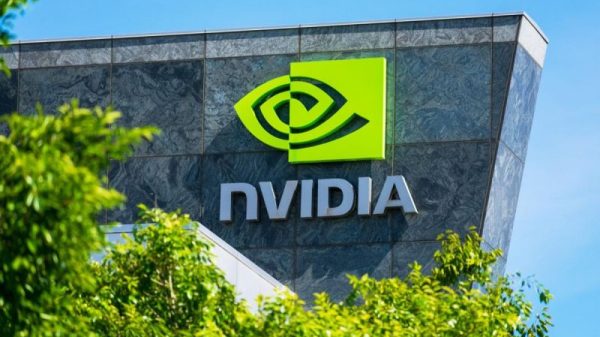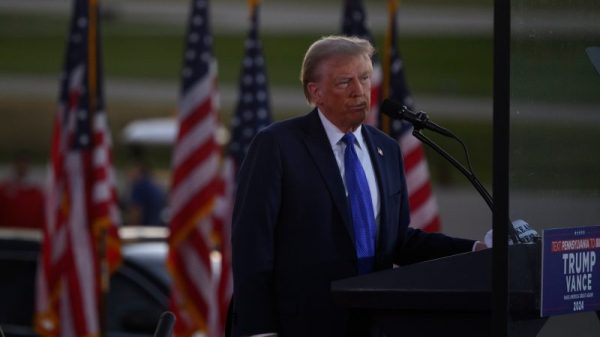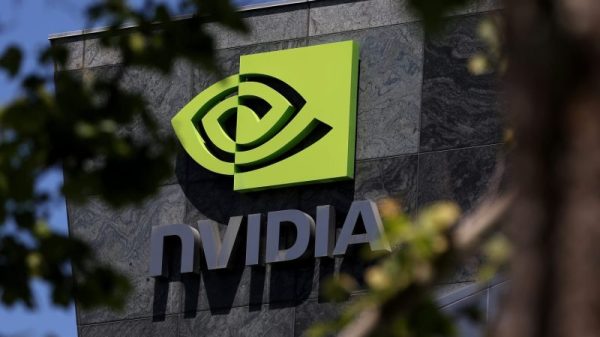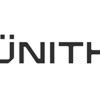It might be surprising, but the phrase ‘artificial intelligence’ has been around for over half a century — since 1955, in fact. It was intended to describe a new computer science subdiscipline. But what exactly is artificial intelligence?
In simple terms, artificial intelligence, or AI, means ‘simulated intelligence in machines.’ In other words, machines with AI are capable of simulating thinking like people and mimicking their actions. The ideal characteristic of AI is the ability to rationalize.
Of course, that is a very broad definition of AI technology. There are actually at least 18 different applications of AI, which seems to prove that this market isn’t going away anytime soon.
Case in point: Research conducted by Markets and Markets suggests the AI industry will be worth over US$407 billion by 2027, increasing at a compound annual growth rate of 36.2 percent between 2022 and 2027. With that much money going into the sector, there is certainly no shortage of ways for investors to add AI investments to their portfolios.
According to ETFdb.com, these AI ETFs are required to meet one of three criteria:
Focus on stocks developing new products, services or technological improvements in AI-related researchHave 25 percent portfolio exposure to companies that spend money on AI research and development expensesChoose individual securities to be included in the fund based on their use of AI methods
1. Global X Robotics & Artificial Intelligence Thematic ETF (NASDAQ:BOTZ)
AUM: US$1.172 billion
The Global X Robotics & Artificial Intelligence Thematic ETF offers exposure to firms involved in the global automation and robotics industries. According to ETF.com, the Global X Robotics & Artificial Intelligence Thematic ETF was launched in September 2016 and has holdings in various markets, including technology, healthcare and energy. Eligible companies must earn a significant portion of their revenue from or have a stated business purpose in the fields of robotics or AI.
The ETF currently tracks 45 holdings, including Intuitive Surgical (NASDAQ:ISRG) and NVIDIA (NASDAQ:NVDA).
2. Robo Global Robotics and Automation Index ETF (ARCA:ROBO)
AUM: US$1.348 billion
The Robo Global Robotics and Automation Index ETF, launched in October 2013, was the first robotics and automation ETF to market. As its name suggests, it follows companies involved in those sectors. Robo Global currently tracks 80 companies, and its top two holdings are iRhythm (NASDAQ:IRTC) and Novanta (NASDAQ:NOVT).
3. ARK Autonomous Technology & Robotics ETF (ARCA:ARKQ)
AUM: US$874 million
The ARK Autonomous Technology & Robotics ETF was created in September 2014 and primarily focuses on advancements that enhance productivity and reduce costs in autonomous vehicles, robotics, 3D printing and energy storage technology.
The fund includes companies that may ‘benefit from the development of new products or services, technological improvements and advancements in scientific research related to, among other things, energy, automation and manufacturing, materials and transportation.’ This ETF tracks 34 holdings, with two of its biggest being Tesla (NASDAQ:TSLA) and Trimble (NASDAQ:TRMB).
4. iShares Robotics and Artificial Intelligence ETF (ARCA:IRBO)
AUM: US$306 million
The iShares Robotics and Artificial Intelligence ETF is relatively new compared to the others — the fund launched in June 2018. It tracks an index composed of 118 developed and emerging market companies that could benefit from long-term growth in robotics technology and AI. The fund has the lowest expense ratio of the five AI funds on this list at 0.47 percent.
Some of the ETF’s top holdings include Meitu (OTC Pink:MEIUF,HKEX:1357) and iQIYI (NASDAQ:IQ).
5. First Trust NASDAQ Artificial Intelligence and Robotics ETF (NASDAQ:ROBT)
AUM: US$235 million
The last AI ETF on this list is the First Trust NASDAQ Artificial Intelligence and Robotics ETF, which like IRBO was launched in 2018. It follows a modified equal-weighted index of all-cap, global companies involved in AI or robotics.
ROBT currently tracks 108 companies, and its top two holdings are AeroEnvironment (NASDAQ:AVAV) and QinetiQ Group (LSE:QQ).
Securities Disclosure: I, Melissa Pistilli, hold no direct investment interest in any company mentioned in this article.







































